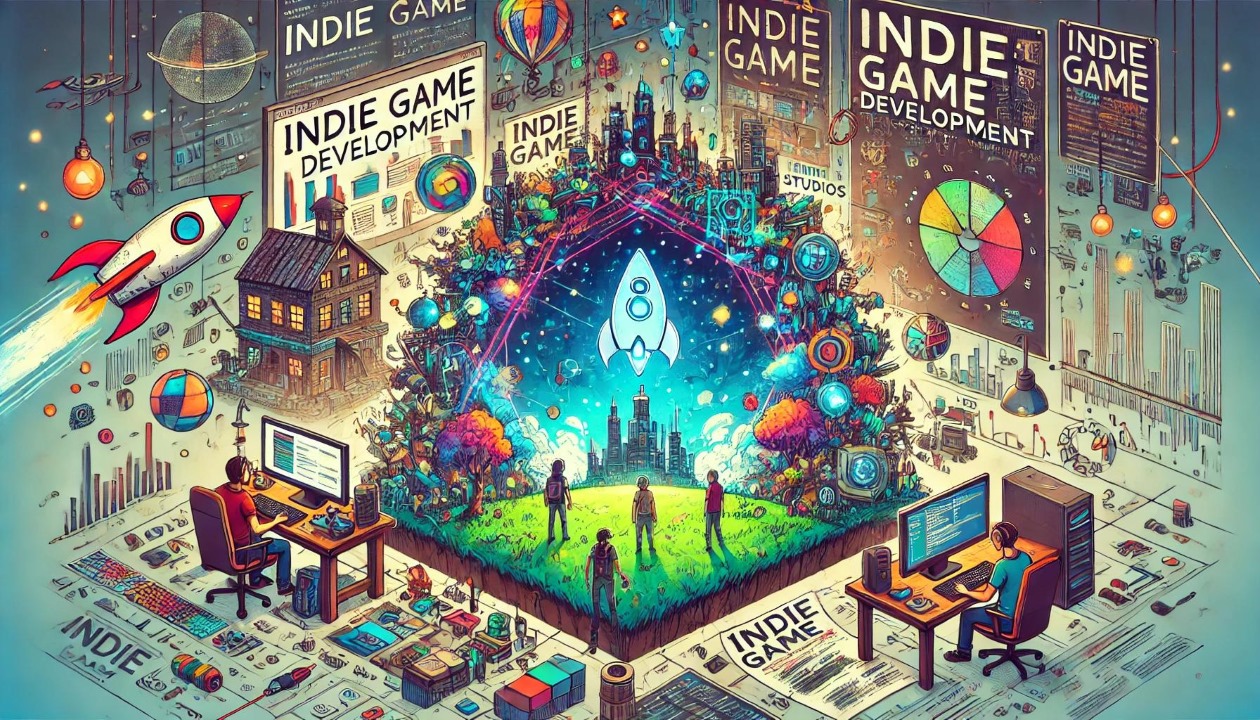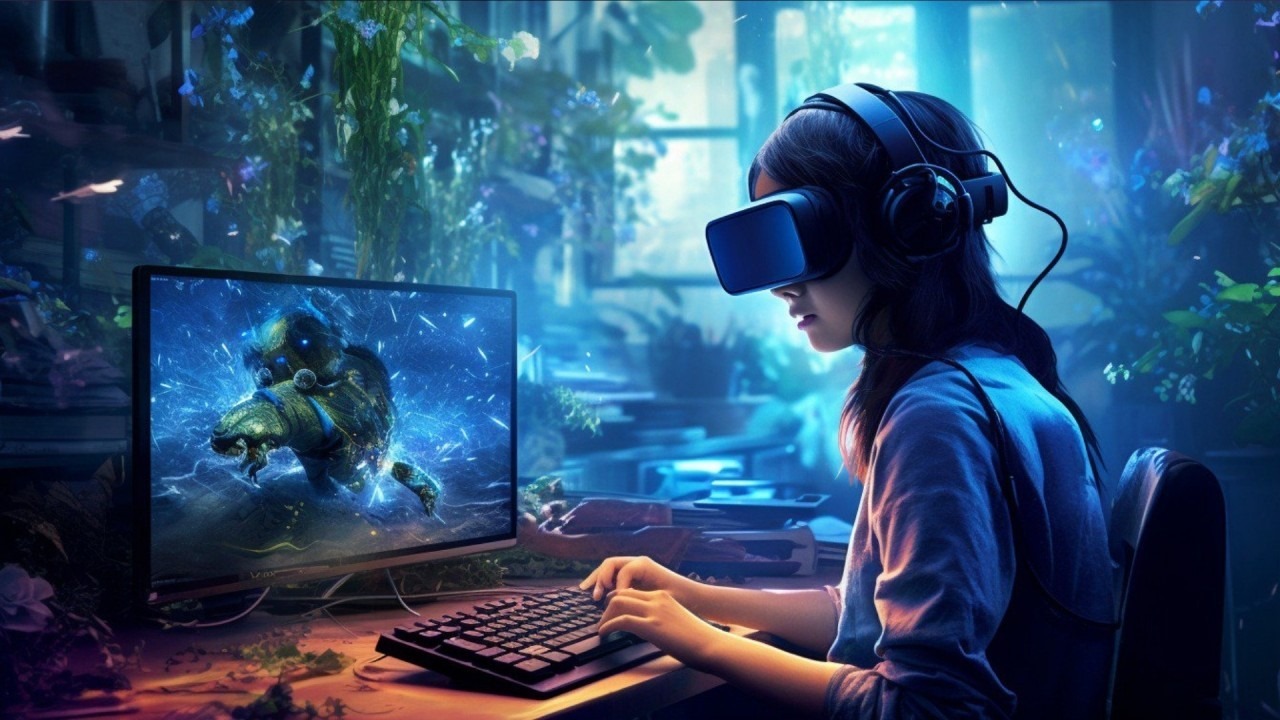Indie Games Revolution: How Small Studios Are Redefining the Industry
The video game industry has undergone a massive transformation in recent years, and one of the most significant shifts has been the rise of indie games. Once seen as a niche segment, indie games have now become a major force in gaming, competing with AAA titles in terms of popularity, innovation, and critical acclaim. Small, independent studios have managed to break through the industry's traditional barriers, proving that creativity and originality can outshine massive budgets.
Indie games have redefined what gaming can be by embracing risk-taking, offering unique artistic styles, and exploring narratives that major publishers might consider too experimental. With digital distribution platforms like Steam, Itch.io, and the Epic Games Store making it easier for developers to reach global audiences, indie games are no longer an underground movement—they are shaping the future of gaming.
This article explores how indie games have risen to prominence, the innovations they bring to the industry, the challenges faced by small studios, and what the future holds for independent game development.
























